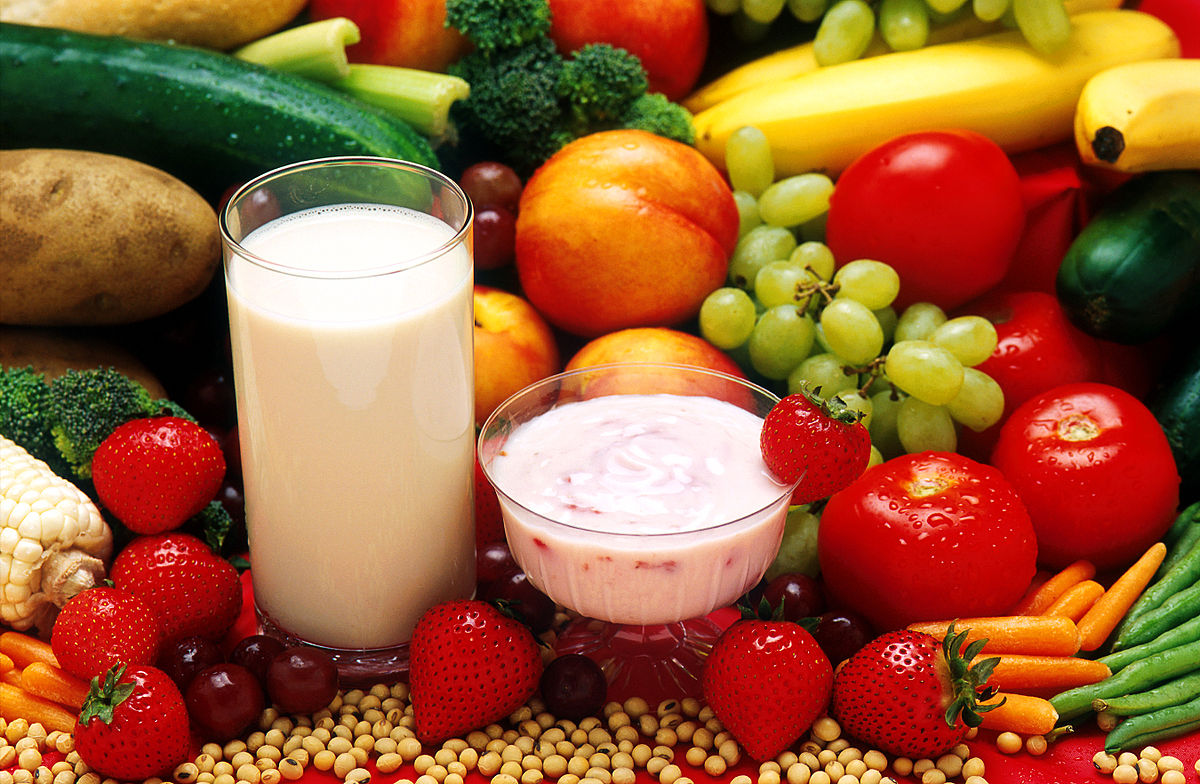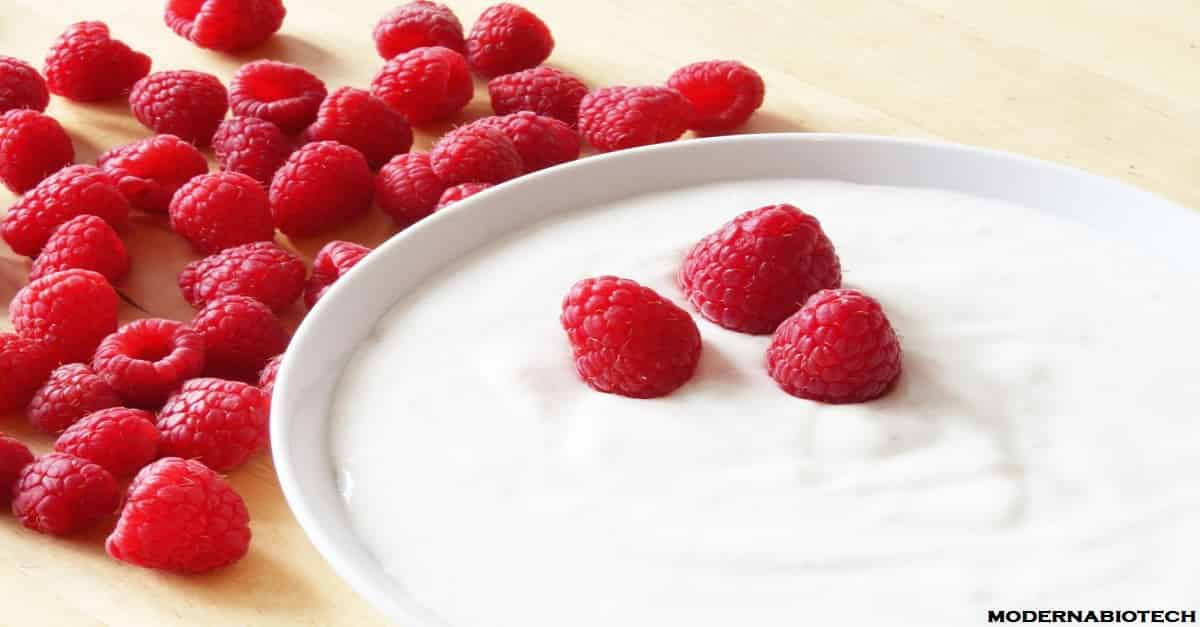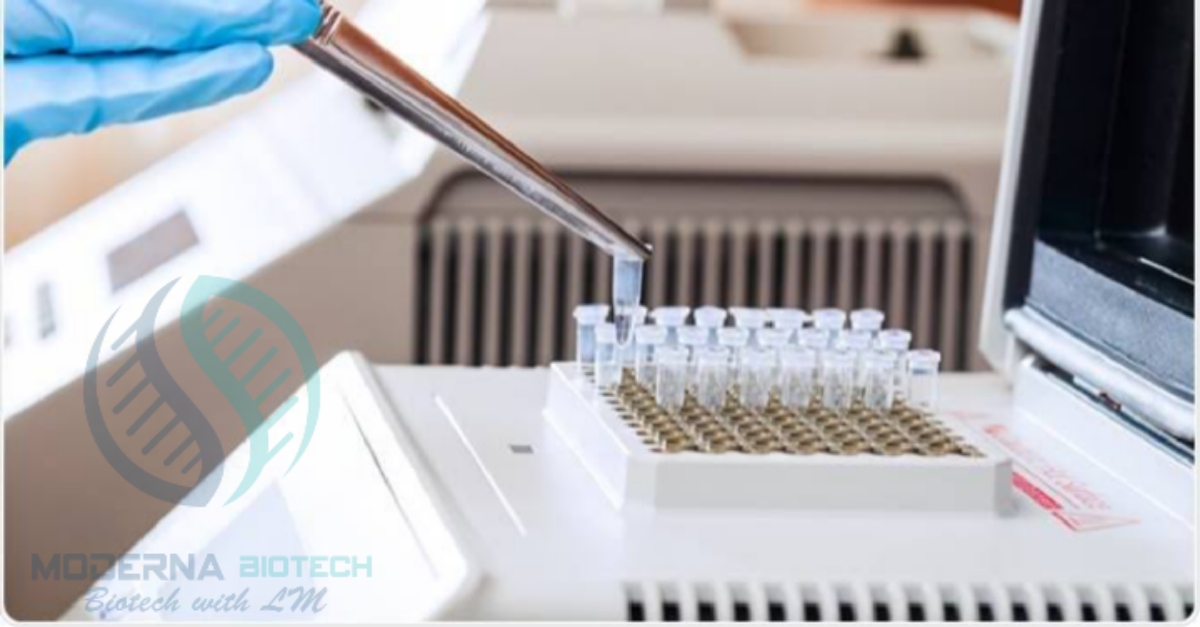
What you eat now will have long-term consequences for your unborn child. The nutrition a kid receives while in the womb has an impact on how big he or she will grow. It influences the likelihood of becoming fat later in life, as well as the development of high blood pressure, type 2 diabetes, heart disease, and even some types of cancer. It’s been well established for decades now that adult health is influenced by the mother’s food. Confinement food helps a lot during the pregnancy to nurture a baby’s life after its birth. In this article, you’ll find the list of Food To Eat During Pregnancy
Food To Eat During Pregnancy & baby’s growth
Scientists are only now beginning to understand why smaller kids have a higher chance of developing degenerative diseases later in life because of this phenomenon. If they are undernourished, their overall growth and development of important organs like the heart and kidneys suffer. It increases their risk of bad health in later life. For example, some kids are born with half the number of nephrons as their peers. It makes them less able to handle salt and more susceptible to hypertension.
Even if a mother’s diet isn’t ideal when she’s pregnant, her baby isn’t doomed. Instead of strengthening their defences, it weakens them. Because of this, they are more susceptible to the negative health consequences of dietary factors such as salt, saturated fat, and alcohol, as well as stress and physical inactivity. One of the issues is that a child’s prenatal nutrition is often out of sync with their postnatal diet. Before birth, a baby’s body adapts to a life of confinement food scarcity if they are malnourished. If they’re born into a world where confinement food is plentiful, their bodies won’t be able to handle it.
Women’s diet during pregnancy!
There is evidence to suggest that a woman’s diet during pregnancy has an impact on her unborn child’s genetic makeup. A low carbohydrate diet during pregnancy may cause epigenetic changes – changes in the way some genes act, even though their genetic sequence stays unchanged – according to research. In children, a tiny change in the baby’s DNA due to the low-carbohydrate diet led to an increase in body fat. The researchers were really aback by how much a child’s diet in infancy may alter.
A quarter of the difference in children’s fatness six to nine years later was explained by epigenetic changes caused by a reduced carbohydrate diet during early pregnancy. Epigenetic modifications can be handed down to future generations, according to other studies. So, what you consume now has the potential to alter your baby’s DNA in the future, affecting the health of future generations. Although it may appear difficult at first, maintaining a healthy weight and eating a balanced diet is not difficult.
The flavour of the amniotic fluid in which your baby swims and swallows is affected by the foods you eat while pregnant. Infants who got certain flavours like garlic or carrot juice in the third trimester were more likely to love them when they started eating solids as adults. Eating a wide variety of healthful meals today increases the likelihood that your child will do the same in the future, which should help prevent picky eating.
How Much Confinement Food Should I Eat?
After giving birth, most new mothers require between 1,800 and 2,200 calories per day. Nursing? You’ll require up to an additional 500. It could be higher if you’re underweight, you work out more than 45 minutes a day, or you’re nursing multiple children. Consult your physician to determine how many vitamin supplements you need and how long you should continue taking them.
Confinement food You Need
Despite the fact that you aren’t “eating for two,” your body still needs a significant amount of nutrients to be replenished.
Eat half of your plate of fruits and veggies every time you eat. Brown rice, whole-grain bread, and oatmeal should all be included in the second half of your diet. Aim to consume fewer packaged, processed foods and beverages that are rich in sodium, saturated fat, and added sugars.
In addition, you must consume enough quantity of:
- Confinement Foods high in protein, including beans, shellfish, lean meats, eggs, and soy products, aid in the recovery of the body after childbirth. Protein: If you’re breastfeeding, up to your intake to seven portions per day.
- You’ll need 1,000 milligrammes of calcium each day, which is around 3 servings of low-fat dairy.
- Iron: If you lost a lot of blood during delivery, you’ll need extra of this nutrient to help your body create new blood cells. Iron is abundant in red and poultry meat. Tofu and beans, on the other hand, are vegetarian options. The daily need for nursing mothers is 9 mg for women over 19 and 10 mg for adolescents whether they eat meat or not.
If you’ve had more than one child, or if you have a health condition or follow a vegan or other special diet, consult your physician. They might suggest dietary supplements to you.
Want to Lose That Baby Weight?
About 4.5 pounds of baby weight are lost by most new mums each month. In order to hasten the procedure, you may be tempted to go on a diet. This is not recommended. Your energy and mood will plummet if you eat less than 1,800 calories a day. Breastfeeding mothers who fail to eat enough risk endangering their children.
The best course of action is to follow a well-balanced diet and begin exercising as soon as your doctor permits. After around 6 weeks, you should be able to begin a walking regimen. Regaining your pre-baby workout programme should be a gradual process.
Foods to Avoid During Confinement
Breastfeeding mothers should be aware that the items they consume can transfer into their milk. Be wary of the following:
Breastfeeding after consuming alcohol: Experts disagree on how much (if any) alcohol is safe for a baby and how long you should wait before doing so. Consult your physician for advice on the best treatment option for you.
There is a risk to your kid if you drink more than three cups (24 ounces) of coffee or soda every day (they may be irritable).
Shark, king mackerel, swordfish, and tilefish have significant mercury content, making them bad choices for your unborn child. Even tuna, which has a high oil content, can contain traces of mercury. Limit your intake to 6 ounces per week and only consume the “mild” variety.
Other Nutrition Essentials
Always have a supply of nutritious confinement food on hand. Rather than reaching for chips or cookies when you’re hungry, grab fresh, washed vegetables and fruit in the fridge.
Keep yourself hydrated at all times. While nursing or not, drink at least 6-10 glasses of water each day to keep your body well-hydrated. Milk and fruit juice are also acceptable beverages.
Invite family and friends to your home so they may help you with the cooking. Recommend that family members bring you a healthy dish if they ask how they can assist you. You may be too exhausted to cook in the first few weeks after giving birth.




